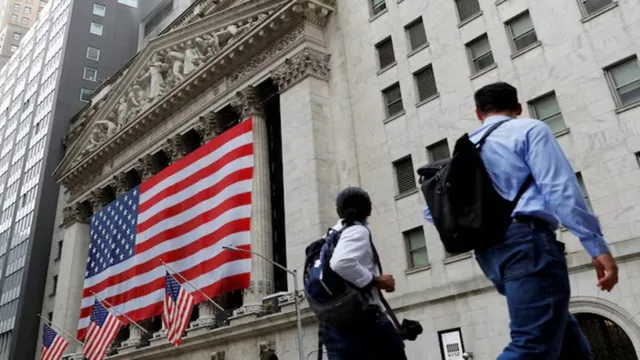- By Supratik Das
- Sat, 24 May 2025 04:29 PM (IST)
- Source:JND
In a seismic policy change that has caused shockwaves among academic circles worldwide, the United States Department of Homeland Security (DHS) has withdrawn Harvard University's authorization to accept foreign students, effectively excluding it from accepting new foreign students and putting current ones in jeopardy of deportation. This move has raised widespread alarm, particularly among Indian students, who make up the second-largest cohort of international enrollments in the United States, posing significant questions about the security and fate of foreign students in American classrooms.
Harvard Stripped of SEVP Certification
On Thursday, Homeland Security Secretary Kristi Noem announced the revocation of Harvard's certification under the Student and Exchange Visitor Program (SEVP). The move comes after the university was accused of not submitting foreign student conduct reports requested by DHS last month. The White House's official statement characterised the foreign student enrollment as "a privilege, not a right," and also accused Harvard of permitting its campus to breed "anti-Semitic and anti-American sentiment."
Thousands Of Indian Students Now In Legal Limbo
The DHS directive impacts all F-1 and J-1 visa holders presently enrolled at Harvard, who will need to switch to other SEVP-certified schools or be put into undocumented status. With a student population consisting of more than 27 per cent international students, this administrative order has put in jeopardy over 6,800 students in search of alternative solutions forthwith. Indian nationals are among the most severely affected, with families in India suffering emotional and logistical disruptions. Most students now have the daunting option of transferring in a rush, jeopardizing overstays, or even coming home in the middle of the semester.
What started as a technicality with visas has become an immigration and mental health crisis. Students, who were already dealing with academic stress and homesickness, are now paralyzed by fear and uncertainty. Therapy and counseling centers on campuses all over the US are said to be overwhelmed, with support groups operating more like crisis cells than communities of care. Indian students pay more than 8 billion USD into the US education economy every year, a considerable share of the 40 billion USD global market for international students, according to experts. Such sudden policy moves, they add, not only endanger the future of thousands of students but also destabilise US universities' business model based on foreign tuition.
Also read: H-1B Visa Costs Explained: What Employers Must Pay And What Workers Need To Know
Is the American Dream Still Alive For Indian Students?
What alarms education professionals and international students in particular is the precedent. If a university of Harvard's reputation can lose its status as a host of international students, no university is safe. Universities now find themselves in the middle of the crossfire between the world of politics and that of academics. As visa policies are being used as weapons of ideological enforcement, campuses become all the more susceptible to compliance-driven crackdowns.
The United States has been the most favored choice of Indian students who want to make a career in the world for a long time. But the recent crackdown necessitates a reevaluation. For some Indian students, the American dream is no longer being gauged in acceptance letters or GPAs but in visa deadlines and transfer forms.

